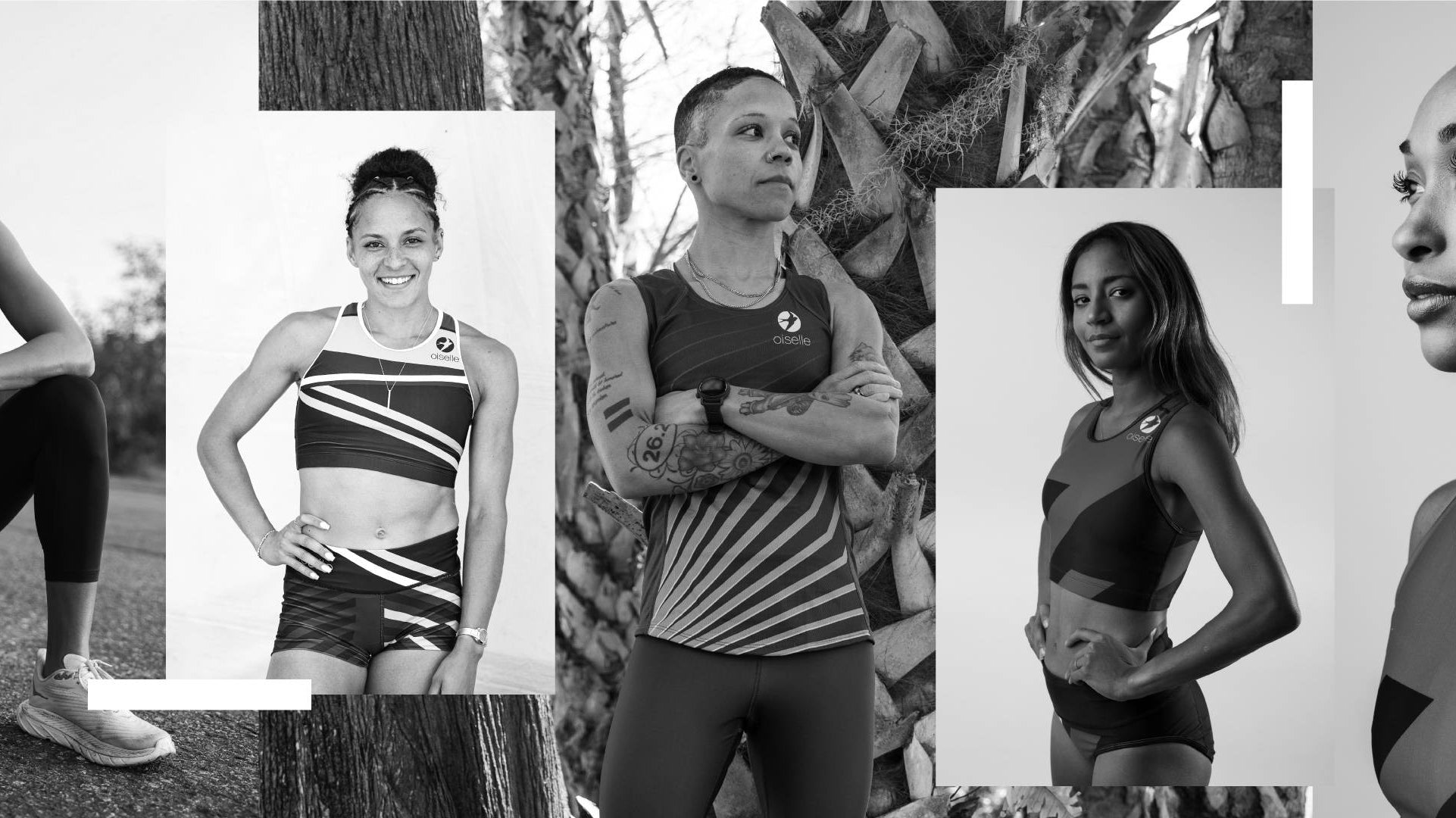In 1928, Marylou Jackson, Velma Jackson, Ethyl Miller, Leolya Nelson, and Constance White set a challenge - cycle 250-mi from Harlem, NY to Washington, DC in less than 65 hours. 93 years later, Keshia Roberson has organized a ride to answer the call. The 1928 Legacy Tour is designed for radical joy in the outdoors while amplifying Black women’s legacy of athleticism and bicycle touring and celebrating sisterhood on bikes. You can learn more about the legacy tour at: https://majorknoxadventures.com/ and https://events.elitefeats.com/majorknox21
In this blog, Alison Desir had the opportunity to sit down and get to know Keshia (you can find her on Instagram here), along with the 1928 Legacy Tour:
Let's start with something easy. Who is Keshia Ro? What makes you tick?
Ha! Who is Keshia? I suppose that answer is continuously evolving. Right now, I would describe myself as a Black woman committed to exploration, healing, and being of service to my community. There is a quote I've clung to that says, "What you heal within yourself, you heal for your bloodline." As I learn more about my people, ancestral and cultural, the more intentional I am about adding to the vibrancy of our legacy.
Seeing things I thought were impossible for myself is rewarding, and being of service to others is fulfilling to me. I want my work to be about holding inclusive spaces for people to flex versions of themselves often limited or undiscovered. Whether I'm serving tables, setting up an event, coaching Track Tuesdays, leading a conversation around mental health, or off on an outdoor adventure with friends, I'm always excited about the idea of encouraging folks to join me as we work towards experiencing our most joyful selves.










